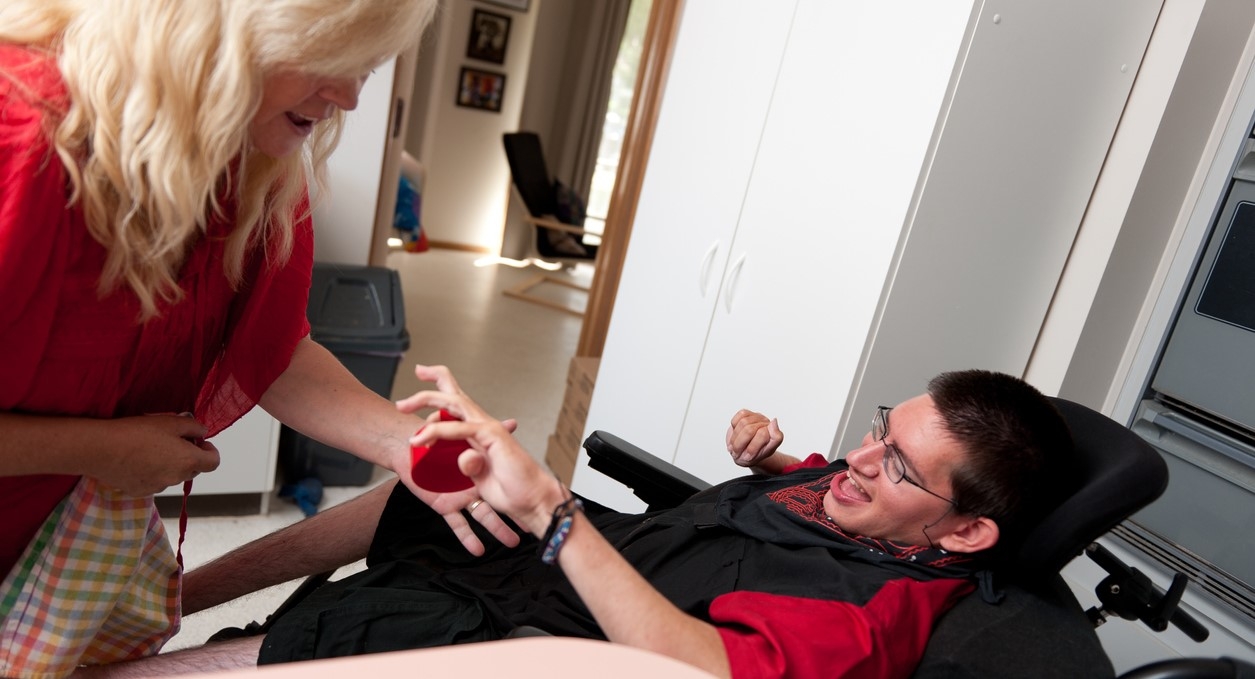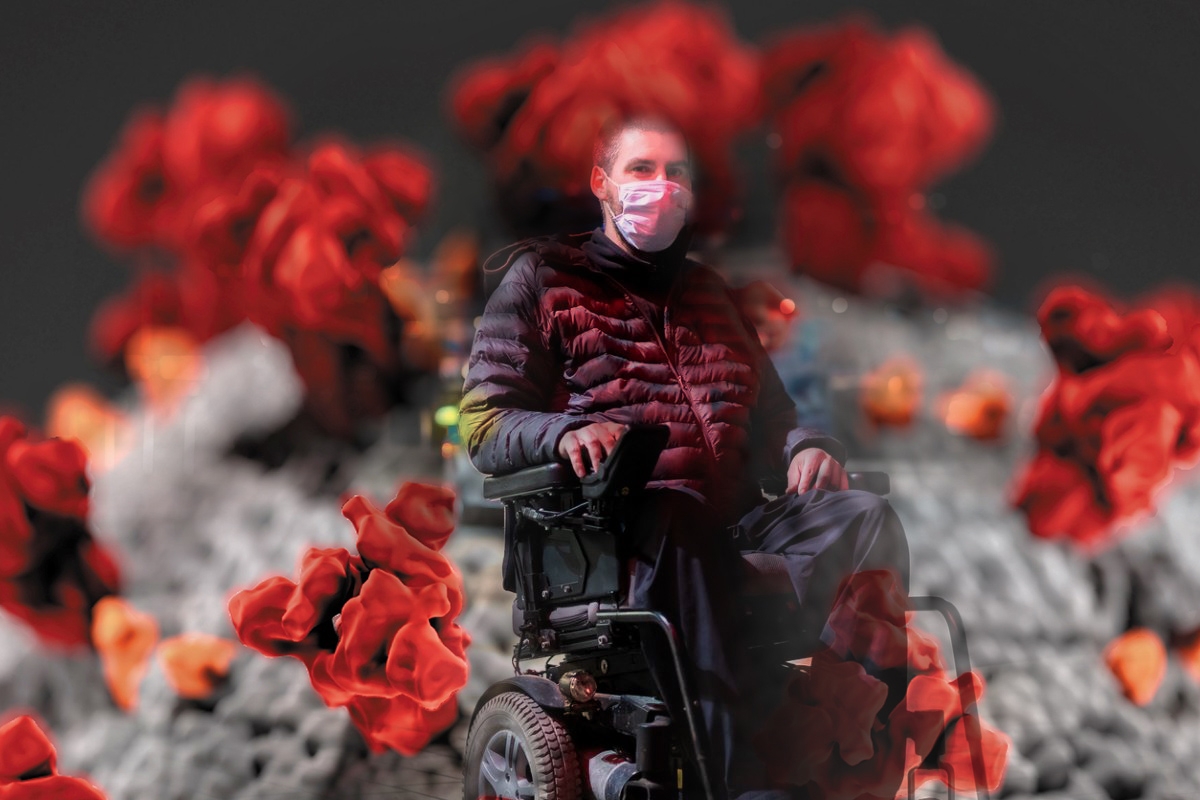
Winds of change: personal attendant care and shortages
This week’s column may seem a little different to some.
Things are a little stressful around here. Thankfully, it has nothing to do with my health, at least not my physical health. A few weeks ago, I briefly mentioned the ongoing possibility of having to go to the hospital or a long-term care facility due to a shortage of caregivers that can assist me at my place.
Thankfully, at the time, the care agencies were able to work out an arrangement which is good news for me, and I’m grateful for that. As part of the agreement, another care agency is being brought in. With this new agency, I’ll have new caregivers, and whenever I have someone new, they need to be trained on my care.
Training new staff typically takes an enormous toll on me, both physically and mentally. The physical part is related to showing them how to position me in my bed and when I’m in my chair. At some point, the new person will need to try to position me to see if they even can. If they make a mistake, which does happen sometimes, I may get injured. I realize that we’re all human, and mistakes happen. It’s just a part of life, and you learn and move on.
As far as taking its toll on my mental health, that has to do with many aspects of my care. I won’t go into graphic details, but during training, the caregiver will need to see me go to the bathroom and the way I use the bathroom. Also, they’ll need to see how to undress me and wash me. Just to name a few things. What I’m saying is they need to see my body as well as touch me, which is often very uncomfortable, but I don’t have a choice. Along with those things, there’s also the fact that there’s a stranger in my house. I typically know very little about them or their personality, but yet they’re in my home. Then, I have to trust them enough that they’ll keep me alive if something happens.
When it comes to training a new caregiver, I feel very exposed and feel like a medical patient or object. Not every caregiver can separate the person from their disability. To some, I’m patient #8675309 and me, the person, gets left behind and sometimes forgotten about.
Don’t get me wrong. I’ve had some wonderful caregivers and still do. In my experience, though, I’ve had many who honestly didn’t care. They’re pretty content just sitting there doing almost nothing, at least nothing for me. To those people, I often tell myself that it seems pretty clear that they’re in it for the wrong reasons.
By now, you’re probably asking yourself why I can’t just get rid of them. Well, it’s not that easy. As we’re all very aware, there’s a severe shortage of PSW and nurses. That list becomes even shorter for me because not everyone is comfortable working one on one with someone that uses a ventilator 24 hours a day. On top of that, Covid19 has also had a huge impact as far as healthcare workers.
Long story short, any time that I lose a caregiver, regardless of why, the chances of not having enough staff increases and the chances of me having to go to a hospital or a long-term care facility.
When it comes to community care agencies, I understand that there’s only so much that they can do, especially during the pandemic. One thing that they could be doing and should be doing is to listen to the people that they’re there to help. I find that some care agencies don’t take the time to listen to our concerns or suggestions.
Often, they only care about filling the shift. Our safety and sometimes our dignity means very little. As I said earlier, I understand that there are staff shortages and a lack of money.
Here’s the thing, though.
Respect is free.
Talking & listening are free.
Showing dignity is free.
We also can often offer suggestions to make things easier, and some ideas don’t require money.
All it takes is a little compassion and understanding.
We have no choice. For a PWD to live in their home, we need to give up certain things that most take for granted.
We all need to work together and remember why we’re here.
Photo: iStock











